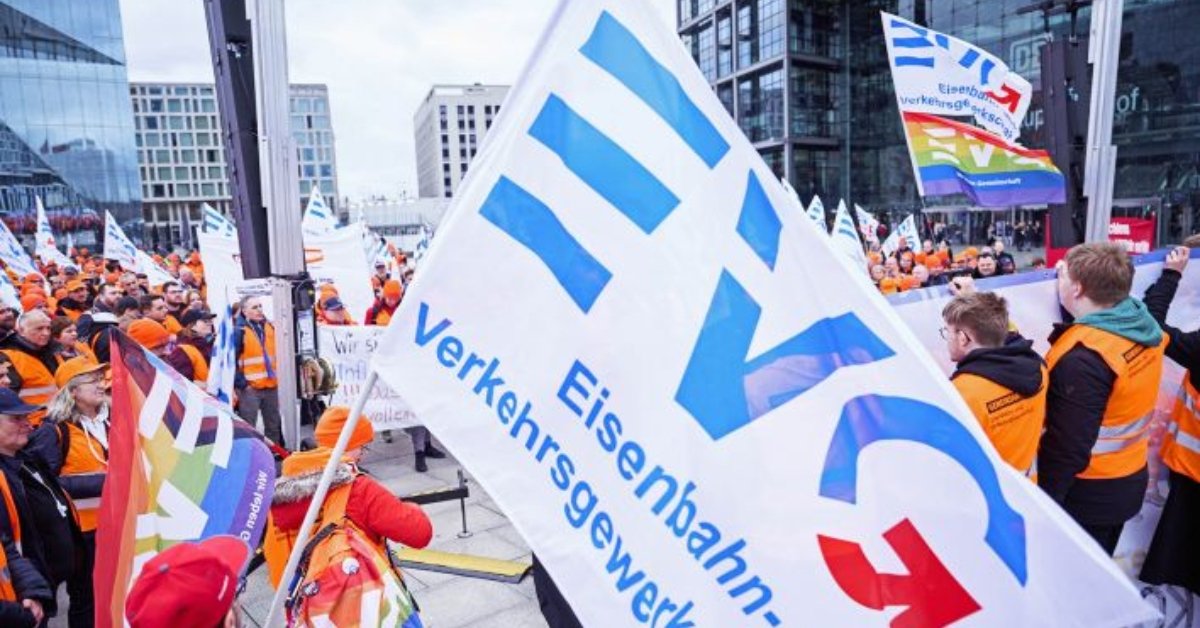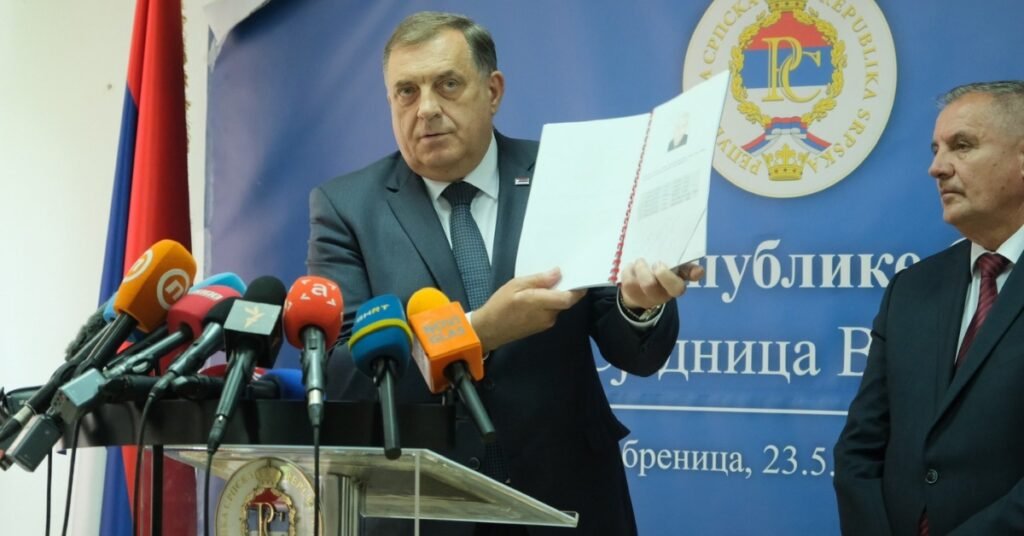Germany: Nationwide, unions plan a significant traffic strike on Monday, affecting long-distance and regional trains, suburban trains, planes, ships, and tunnels.
However, Berlin buses, trams, and subways are expected to operate normally.
The strike’s impact on various regions remains uncertain, as it is the most extensive strike in many years due to a collective bargaining dispute.
Deutsche Bahn, Germany’s largest railway company, announced it would have to stop all long-distance traffic on Monday.
Regional traffic is also affected, with mostly no trains running.
The strike will continue to impact rail traffic on Tuesday.
Verdi, the service union, has called for 120,000 employees nationwide to strike, while the railway and transport union (EVG) has called for 230,000 bus and train workers.
The strike will also affect commercial airports, excluding Berlin and shipping. Road tunnels may also be closed due to strikes at Autobahn GmbH.
The effects of the strike on Berlin and Brandenburg are difficult to predict.
Buses, trams, and subways will continue to operate as a different collective agreement applies.
However, the Berlin S-Bahn expects massive restrictions and regional traffic will be on strike.
No warning strikes will be at BER Airport, but cancellations are expected, especially in domestic air traffic.
The industrial action is set to begin at midnight on Monday and last 24 hours. Unions advise travelers to reach their destinations by Sunday.
Deutsche Bahn has criticized the strike as “groundless and unnecessary” and called for the EVG to return to negotiations.
The Pro Bahn passenger association suggests implementing a minimum transport service during the strike, similar to emergency services in hospitals or the steel industry.
On the other hand, the airport association ADV criticized the unions’ actions, stating they go beyond every imaginable and justifiable measure.
The strikes aim to increase pressure for the third round of negotiations between Verdi and the federal and local governments, set to begin on Monday.
The union demands a 10.5% wage increase and a minimum of €500 more in wages.
Instead, employers offered a 5% pay increase in two steps and one-time payments totaling €2,500.
Get our best stuff sent straight to you! Join our WhatsApp Channel.






